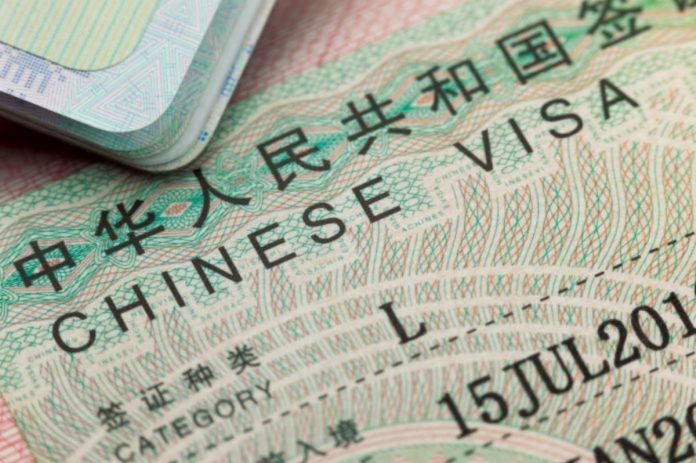Thai Prime Minister Srettha Thavisin announced on January 9 that China and Thailand are set to waive visa requirements for each other’s citizens starting March, marking a significant step forward. This mutual visa exemption stands to benefit both the Chinese and Thai populations, fostering a win-win scenario.
The relationship between China and Thailand thrives on a foundation of cultural affinity and shared business practices. This visa-free policy, rooted in mutual respect and cooperation, is poised to enhance economic ties and trade interactions between the two nations substantially.
Notably, in December, China and Singapore unveiled a reciprocal 30-day visa-free policy, following a similar arrangement between China and Malaysia. While these visa waivers are not permanent, there is hope for similar agreements across the ASEAN region, following Thailand’s lead. A robust visa exemption framework could significantly boost tourism in recipient countries, amplifying their respective tourist industries.
Historically, China has maintained strong, enduring ties with most ASEAN nations, built upon centuries of amicable relations. These exchanges, based on friendship and goodwill, are poised to continue diversely. As of July 2023, bilateral investments between China and ASEAN had surged past $380 billion, with over 6,500 direct investment enterprises established in ASEAN countries. China remains ASEAN’s largest trading partner for 14 consecutive years, solidifying their status as each other’s top trading partner for three years running.
Tourism stands as a pivotal catalyst for fostering collaboration and integration between China and ASEAN countries. Visa waiver programs will significantly bolster the integration of China and Southeast Asia, fostering immense potential for further development in various sectors, including environmental, energy, and technological cooperation.
The cooperative dynamics between China and ASEAN serve as a beacon, setting a positive precedent for other nations worldwide. By deepening ties and fostering cooperation, this collaboration can pave the way for peace, stability, and prosperity on a global scale.
This unity and cooperation within Asia stand in stark contrast to the conflicts raging in other parts of the world, such as the Israel-Palestine conflict and the Russia-Ukraine tensions. The commitment to peace and stability in Asia is commendable, especially considering the tragic conflicts elsewhere. While other regions grapple with ongoing strife, Asia remains dedicated to fostering stability without resorting to war as a means to resolve disputes.
This divergent approach in Asia contrasts sharply with the actions and decisions taken by the US, including their financial support to Ukraine and their position in the Israeli-Palestinian conflict, which are often seen as self-serving. However, it’s essential to recognize that the majority of Americans value peace over conflict, echoing the sentiment shared by many across the globe. Collaboration between nations, including China, the US, and others, is crucial in preventing any embrace of war by any country.
The road to preserving peace demands concerted efforts, as any misstep could derail progress and shift focus from cooperative engagement to confrontation or even a new form of the Cold War. China remains committed to playing a pivotal role in the United Nations’ peacekeeping efforts, further underscoring its dedication to promoting global peace and stability.
The forthcoming visa-free policy between China and Thailand in March 2024 represents a promising start to the year, symbolizing the ongoing efforts to strengthen relations and promote peace.




